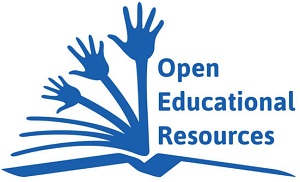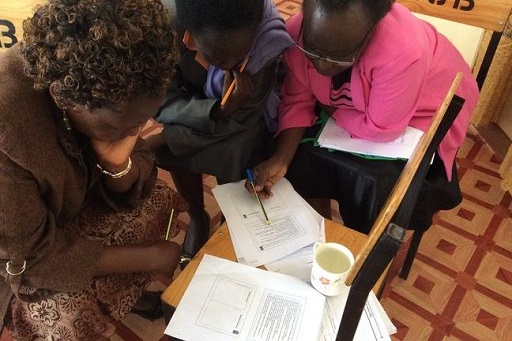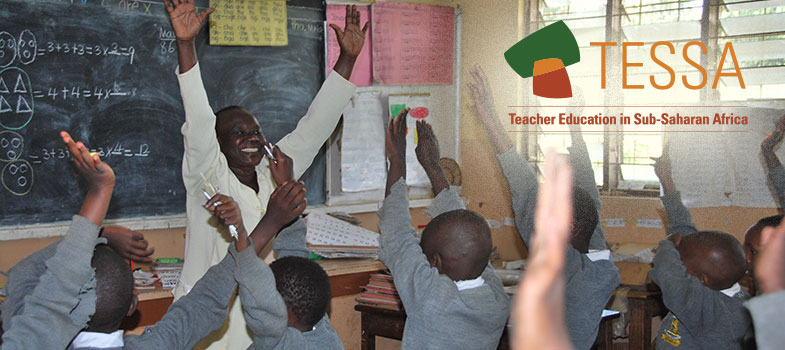Open Educational Resources

When an author publishes a book or other educational resources, they own the copyright. In most cases this means that people must pay the author for access to their work, and if they use an idea from that work they must reference the original author.
The internet makes it easier for everyone to share content across the world and for educators to share and adapt materials. The idea of sharing resources is the basis of OER. These are resources with an open licence, where the author or creator remains as the rights-holder but chooses which rights to retain and which rights to waive. In an OER the creator allows users to access and reproduce the materials without cost and, under certain open licences, to adapt or change the resource. The user does not need permission from the author to use the resource.
There are six types of Creative Commons licence, which are explained on the Creative Commons website [Tip: hold Ctrl and click a link to open it in a new tab. (Hide tip)] .
The definition of OER is:
… any type of educational materials that are in the public domain or introduced with an open license. The nature of these open materials means that anyone can legally and freely copy, use, adapt and re-share them. OERs range from textbooks to curricula, syllabi, lecture notes, assignments, tests, projects, audio, video and animation.
Advocates of OER argue that they can support improvements in education by giving everyone access to a much wider range of materials. This is particularly important in contexts where there are few materials or limited access to institutions of learning. However, just accessing OER will not bring about change; it is using the ideas in classrooms and workshops that matters. Some of the content in OER might be just what you need; some might not. You need to develop the ability to focus on what you need and to critically review material you find on the internet.
In the next activity you will explore some websites to find out more about OER and look at some examples of the sort of resources available.
Activity 1.5: Exploring OER

- a.Explore the UNESCO website to find out more about OER. Read the main page and follow any of the links in the right- and left-hand margins that interest you.
b.Skim-read the Commonwealth of Learning’s A Basic Guide to OER, looking at any sections that seem particularly relevant to you.
As you explore these resources, make notes in your study notebook on how OER might help you to address some of the things that need to change that were highlighted in the comments in the activity on educational policy and teacher education activity (Activity 1.2).
c.Explore African Storybook and see if you can find some stories in one of the African languages used in your country.
Then look at OER Africa, particularly the ‘African Teacher Educator network’ link at the bottom of the main page.
Reflection point 
How might you use these sites with teachers? For example, what would you want them to gain or learn from exploring these sites? What follow-up activities might you get them to do? How would these change or develop their ideas and classroom practice?
Tools for the 21st century: ICT



